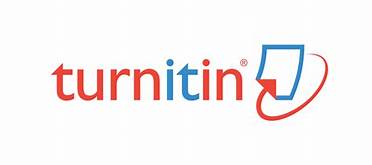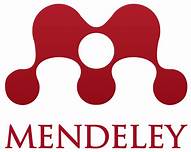Manajemen Pembelajaran Berbasis Problem Based Learning Di Sekolah Dasar Negeri di Kota Medan
Abstract
Keywords
Full Text:
PDFReferences
Akrim. (2020). Application of Learning Model Strategies to improve Islamic Learning Outcomes. Budapest International Research and Critics Institute, Vol 2, No 2 2020 Anisa, N., Akrim., (2020) Manuruang, A.A. Development Of Teacher's Professional Competency In Realizing Quality Of Human Resources In The Basic School. IJEMS: Indonesian Journal of Education and Mathematical Science, Vol 1, No 2. 2020. Hmelo-Silver, C. E. (2004). Problem-based learning: What and how do students learn?. Educational psychology review, 16, 235-266. Kilroy, D. A. (2004). Problem based learning. Emergency medicine journal, 21(4), 411-413 Misla, M., & Mawardi, M. (2020). Efektifitas PBL dan Problem Solving Siswa SD Ditinjau dari Kemampuan Berpikir Kritis. Jurnal Ilmiah Sekolah Dasar, 4(1), 60-65. Owen, C. (2019). Problem-based learning. In Learning and Teaching in Higher Education (pp. 139-151). Edward Elgar Publishing. Phungsuk, R., Viriyavejakul, C., & Ratanaolarn, T. (2017). Development of a problem-based learning model via a virtual learning environment. Kasetsart Journal of Social Sciences, 38(3), 297-306.
Prasetia, Indra (2022). Metodologi Penelitian : Pendekatan Teori dan Praktik, Umsu PressRahmawati, Umi. (2021). Manajemen Peserta Didik di SMP Negeri Sewon. Manajemen Pendidikan Dasar, Menengah dan Tinggi. Vol 2 No 4, 2021.
Remi., Prasetia, I., Amini. (2022). Efektivitas Manajemen Pembelajaran di Masa Pendemi Covid 19 Terhadap Mutu Pembelajaran (Studi di Madrasah Aliyah Negeri Kota Tebing Tinggi). Biblo Couns : Jurnal Kajian Konseling dan Pendidikan, 5(3), 2022.
Samosir, S., Prasetia, I., Manajemen Dana Operasional Sekolah Dalam Meingkatkan Mutu Pembelajaran di Sekolah Dasar Negeri 163088 Tebing Tinggi. Biblo Couns : Jurnal Kajian Konseling dan Pendidikan, 5(3), 2022. Shimic, G., & Jevremovic, A. (2012). Problem-based learning in formal and informal learning environments. Interactive Learning Environments, 20(4), 351-367.
DOI: https://doi.org/10.30596/jmp-dmt.v4i2.14711
Refbacks
- There are currently no refbacks.







